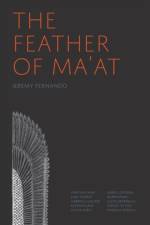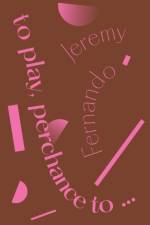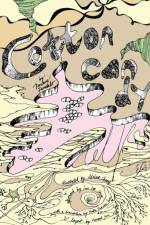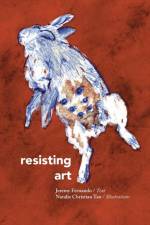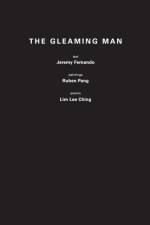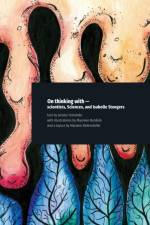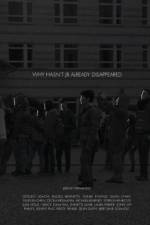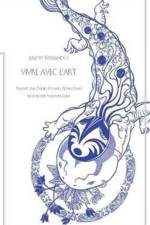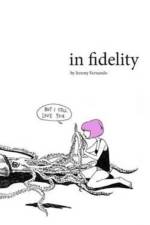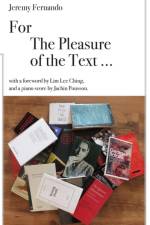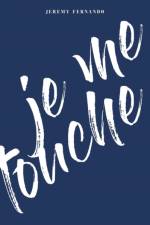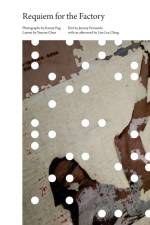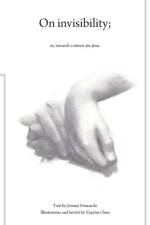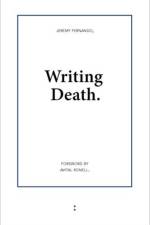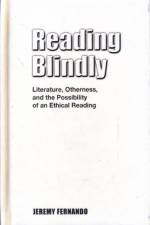von Jeremy Fernando
33,00 €
This text attempts to address the question, 'what is the weight of a painting?' A question that came to me not quite as a question, but as a musing. From a painter nonetheless. And perhaps more significantly, from Ng Joon Kiat, a painter who has long been questioning painting, and not just through the question of 'what is a painting', that is the materiality of what is added to, dabbed onto, plastered on, a canvas, on wood, onto aluminium, on a surface, but who is on a quest to explore 'paint' itself, on a journey of 'playing with paint'. So, a question that might never quite have been meant for me. Thus, quite possibly only a quest that I am embarking on only because I have heard it as a question, have heard it call out to me, heard its call as a question, have taken it as to be a question, have inscribed the mark of a question on it. Have made it significant because I first started marking on it, have let it weigh on me. 'What is the weight of a painting?' Which is not the same question as, 'how much does a painting weigh?' For that, all you have to do is to get a scale. But rather, a question of 'its weight': of how much it 'weighs down' - not just on you, even as that is certainly part of the question, but perhaps even on itself. And where the text opens the possibility that the image is 'the weightless weight' one encounters - is the site of a coming-together of the work and the one who stands before it, whether by sight or in the mind's eye - in the 'gap between the frame and the viewer'; and like the feather of Ma'at, is the juncture in which judgment occurs, where there is a weighing out, where the status of the work as art is quite possibly weighed up, where there is a weighing in by everyone involved, and where what is considered 'good' might well entail an absence of weight.

